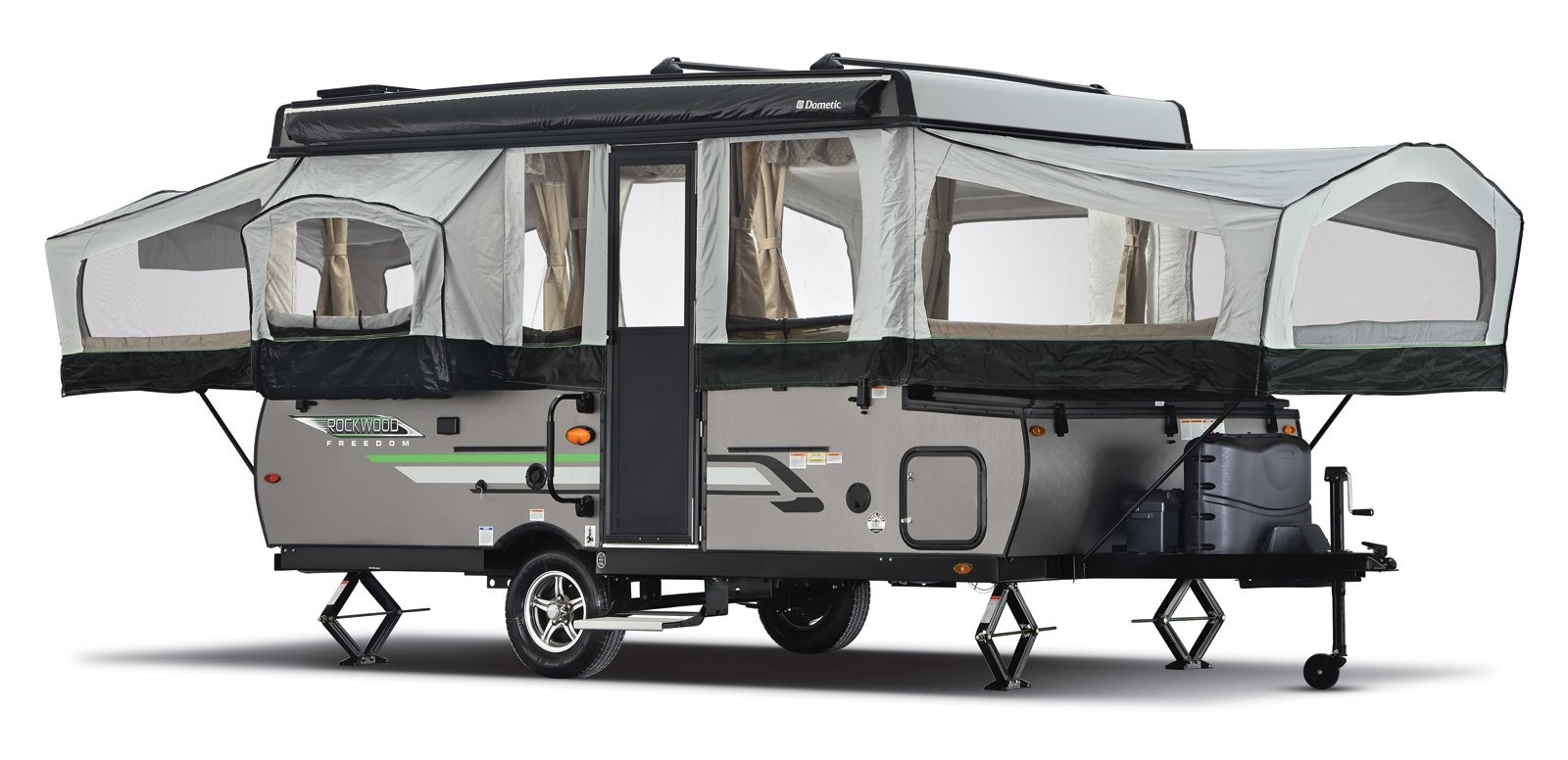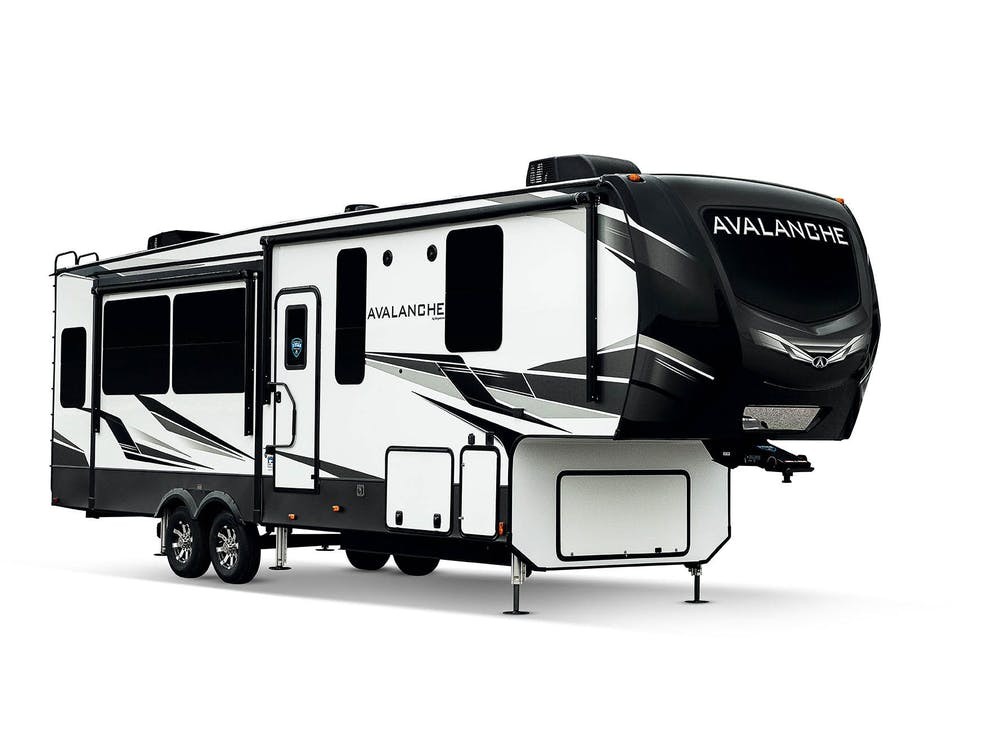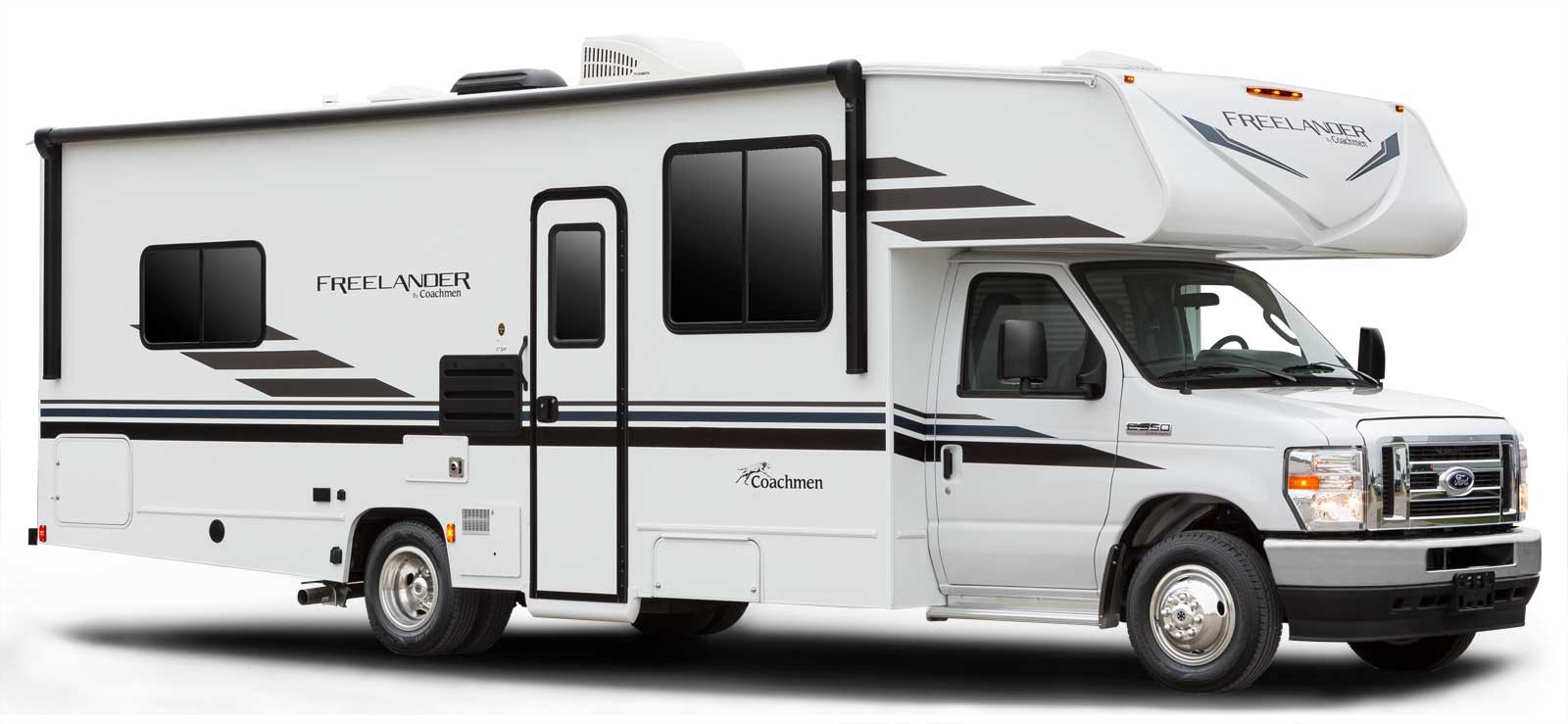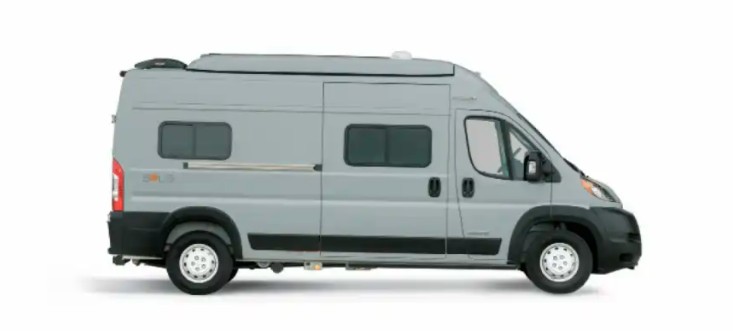How Much Do Rvs Cost? This is a common question for those looking to embrace the RV lifestyle, and the answer depends on several factors. At HOW.EDU.VN, we provide expert insights into recreational vehicle pricing and financing options, helping you make informed decisions. Understanding RV values and affordable RV options is key to finding the perfect fit for your needs and budget, with RV cost analysis.
1. Understanding the Base Price of RVs
The base price of an RV can vary significantly based on type, size, features, and manufacturer. Here’s a breakdown:
1.1. Pop-Up Campers: The Entry-Level Option
Pop-up campers are a fantastic starting point for anyone new to the RV lifestyle. They are compact, easy to tow, and more affordable than other RV types.
- Price Range: $9,000 – $20,000
- Features: Basic sleeping areas, a simple kitchenette, and minimal storage.
- Pros: Lightweight, easy to store, budget-friendly.
- Cons: Limited space, basic amenities, not suitable for extreme weather conditions.
Example: Forest River RV Rockwood Freedom Series 1640LTD
- Starting at around $9,228, this pop-up camper includes a two-burner range, heated mattresses, and an exterior awning. It’s an excellent choice for those looking for a simple and affordable camping experience.
1.2. Travel Trailers: Balancing Cost and Comfort
Travel trailers offer more space and amenities than pop-up campers, making them a popular choice for families and couples.
- Price Range: $15,000 – $60,000+
- Features: Full kitchens, bathrooms, bedrooms, and larger living areas.
- Pros: More living space, better amenities, suitable for longer trips.
- Cons: Requires a capable tow vehicle, can be challenging to maneuver.
Example: Forest River RV Independence Trail 172BH
- Starting at $14,995, this travel trailer includes a small wet bath, a bed, bunks, a dinette, and a kitchenette. It’s a great option for families seeking a balance of affordability and comfort.
1.3. Fifth Wheels: Luxurious and Spacious
Fifth wheels are known for their spacious layouts and luxurious features. They are designed to be towed by a pickup truck with a special hitch in the truck bed.
- Price Range: $50,000 – $150,000+
- Features: Multiple living areas, full kitchens, master suites, and high-end finishes.
- Pros: Ample living space, luxurious amenities, stable towing experience.
- Cons: Requires a heavy-duty tow vehicle, more expensive than travel trailers.
Example: Keystone RV Avalanche 295RK
- Starting at $50,995, this fifth wheel includes a master suite, a full bathroom, a dining table, a large kitchen, theater seating, a fireplace, and a pop-up TV. It’s designed for those who want a home-like experience on the road.
1.4. Class C Motorhomes: Compact and Self-Contained
Class C motorhomes are built on a truck or van chassis and feature an overhead cab area that can be used for sleeping or storage.
- Price Range: $70,000 – $200,000+
- Features: Compact living spaces, full kitchens, bathrooms, and sleeping areas.
- Pros: Easy to drive, self-contained, suitable for smaller families.
- Cons: Limited living space, can be less fuel-efficient than smaller RVs.
Example: Coachmen RV Freelander 27QB
- Starting at $69,921, the Freelander includes a private bedroom with a queen-sized bed, a small kitchen, and a living and dining area. It’s a Class C motorhome perfect for couples.
1.5. Class B Motorhomes (Camper Vans): Agile and Off-Grid Ready
Class B motorhomes, also known as camper vans, are the smallest type of motorhome. They are built on a van chassis and are known for their agility and off-grid capabilities.
- Price Range: $100,000 – $200,000+
- Features: Compact living spaces, small kitchens, sleeping areas, and bathrooms.
- Pros: Easy to drive and park, fuel-efficient, suitable for off-grid camping.
- Cons: Limited living space, minimal storage.
Example: Winnebago Solis 59P
- Starting at $107,821, this Class B motorhome has a rear sofa bed and a pop-up top. It includes a flexible solar option, making it ideal for boondocking and camping in remote locations.
1.6. Class A Motorhomes: The Epitome of Luxury
Class A motorhomes are the largest and most luxurious type of RV. They are built on a commercial bus chassis and offer plenty of storage and living space.
- Price Range: $250,000 – $500,000+
- Features: Spacious interiors, full kitchens, luxurious bathrooms, master suites, and high-end amenities.
- Pros: Ample living space, luxurious amenities, suitable for full-time living.
- Cons: High price tag, can be challenging to drive and park, less fuel-efficient.
Example: Coachmen Sportscoach SRS 365RB
- Starting at $259,505, the Sportscoach SRS offers two slides for maximum interior space, a private bedroom with a king-sized bed, a full bathroom, and a washer and dryer. It’s a popular choice for those seeking a luxurious home on wheels.
2. Additional Costs to Consider
Beyond the initial purchase price, several additional costs can significantly impact the overall expense of owning an RV.
2.1. Registration and Taxes
Like any vehicle purchase, RVs are subject to registration fees and taxes. These costs vary by state and can be estimated on your local Department of Motor Vehicles (DMV) website.
2.2. Fuel Costs
RVs, especially larger motorhomes, consume a significant amount of fuel. Diesel-powered RVs, while often more efficient, may also incur higher fuel costs due to the price of diesel.
2.3. RV Insurance
RV insurance is a critical expense that combines aspects of both home and auto insurance. Coverage includes accident protection and protection for your belongings. Optional coverage can include pet injuries, vacation liability, and roadside assistance.
2.4. RV Hitch
For travel trailers and fifth wheels, a suitable hitch is essential. Prices range from a few hundred to over a thousand dollars, depending on the type and complexity. Installation costs also vary based on the hitch and your location.
2.5. Camping Fees
Most campgrounds charge nightly fees, which can range from $10 to $120 depending on the location and amenities. Frequent campers should factor this into their budget.
2.6. Maintenance and Repairs
Regular maintenance is crucial to keep your RV in good condition. This includes winterizing, de-winterizing, and general upkeep. A dedicated repair fund is advisable to cover unexpected issues.
2.7. Storage Costs
If you cannot store your RV on your property, storage fees can add up. These costs vary depending on the location and type of storage facility.
3. RV Financing Options
Financing an RV is a common way to make this significant purchase more manageable. Here are some financing options:
3.1. RV Loans
RV loans are specifically designed for purchasing recreational vehicles. They typically offer longer terms and competitive interest rates compared to other types of loans.
- Pros:
- Longer repayment terms (up to 20 years).
- Competitive interest rates.
- Lower down payment requirements.
- Cons:
- Requires good credit score.
- Interest accrues over the life of the loan.
- Potential for prepayment penalties.
3.2. Secured Loans
Secured loans use the RV as collateral, which can result in lower interest rates. However, failure to repay the loan can lead to the lender repossessing the RV.
- Pros:
- Lower interest rates.
- Higher borrowing limits.
- Cons:
- Risk of losing the RV if you default.
- Requires appraisal and inspection of the RV.
3.3. Unsecured Loans
Unsecured loans do not require collateral, but they typically come with higher interest rates and shorter repayment terms.
- Pros:
- No risk of losing the RV if you default.
- Faster approval process.
- Cons:
- Higher interest rates.
- Lower borrowing limits.
- Shorter repayment terms.
3.4. Personal Loans
Personal loans can be used to finance an RV, but they may have higher interest rates and shorter repayment terms than RV-specific loans.
- Pros:
- Flexible use of funds.
- May be easier to qualify for than RV loans.
- Cons:
- Higher interest rates.
- Shorter repayment terms.
- Lower borrowing limits.
3.5. Credit Union Loans
Credit unions often offer competitive rates and flexible terms on RV loans. They may also provide personalized service and financial advice.
- Pros:
- Lower interest rates.
- Flexible repayment terms.
- Personalized service.
- Cons:
- Membership required.
- Limited branch locations.
4. Factors Affecting RV Costs
Several factors can influence the cost of an RV. Understanding these elements can help you make a more informed decision.
4.1. RV Type
The type of RV you choose significantly impacts the price. As mentioned earlier, pop-up campers are generally the most affordable, while Class A motorhomes are the most expensive.
4.2. Size and Layout
Larger RVs with more complex layouts tend to be more expensive. Consider your space needs and how you plan to use the RV when determining the right size and layout.
4.3. Features and Amenities
The features and amenities included in an RV can significantly affect its price. High-end appliances, entertainment systems, and luxury finishes can increase the cost.
4.4. Manufacturer and Brand
Different manufacturers and brands have varying reputations and price points. Researching different brands can help you find the best value for your money.
4.5. New vs. Used
Buying a used RV can be a cost-effective option, but it’s essential to inspect the RV thoroughly and consider potential maintenance and repair costs.
4.6. Location
RV prices can vary depending on the location. Factors such as local demand, taxes, and transportation costs can influence the price.
5. Tips for Saving Money on RV Costs
Here are some tips for saving money on RV costs:
5.1. Set a Budget
Determine how much you can afford to spend on an RV, including the initial purchase price and ongoing costs.
5.2. Shop Around
Compare prices from different dealers and consider attending RV shows to find the best deals.
5.3. Consider a Used RV
Buying a used RV can save you money, but be sure to have it inspected by a qualified technician.
5.4. Negotiate
Don’t be afraid to negotiate the price with the dealer. You may be able to get a better deal by offering a lower price or asking for additional features or services.
5.5. Minimize Upgrades
Avoid unnecessary upgrades and stick to the essential features you need.
5.6. DIY Maintenance
Learn how to perform basic maintenance tasks yourself to save on labor costs.
5.7. Camp Strategically
Choose campgrounds with lower fees or consider boondocking to save on camping costs.
6. RV Rental vs. Ownership
Deciding whether to rent or buy an RV is a crucial decision that depends on your travel habits, budget, and long-term goals.
6.1. RV Rental
Renting an RV offers flexibility and can be a great option for occasional travelers.
- Pros:
- No long-term commitment.
- No maintenance or storage costs.
- Opportunity to try different RV types.
- Cons:
- Can be expensive for frequent travelers.
- Limited availability during peak seasons.
- May not have all the amenities you want.
6.2. RV Ownership
Owning an RV provides the freedom to travel whenever you want and customize your living space.
- Pros:
- Freedom to travel anytime.
- Ability to customize your living space.
- Potential for resale value.
- Cons:
- Significant upfront investment.
- Ongoing maintenance and storage costs.
- Depreciation.
7. Popular RV Brands and Models
Here’s a list of popular RV brands and models across different categories:
| RV Type | Brand | Model | Starting Price |
|---|---|---|---|
| Pop-Up Camper | Forest River RV | Rockwood Freedom Series | $9,228 |
| Travel Trailer | Grand Design | Imagine XLS | $29,400 |
| Fifth Wheel | Keystone RV | Avalanche | $50,995 |
| Class C | Coachmen RV | Freelander | $69,921 |
| Class B | Winnebago | Solis | $107,821 |
| Class A | Tiffin Motorhomes | Allegro RED | $269,717 |




8. The Future of RV Pricing
The RV market is dynamic, and prices can fluctuate based on various factors. Keeping an eye on industry trends can help you make informed decisions.
8.1. Economic Factors
Economic conditions, such as inflation and interest rates, can impact RV prices and financing options.
8.2. Technological Advancements
New technologies and features can drive up the cost of RVs, but they can also improve efficiency and comfort.
8.3. Supply and Demand
The balance of supply and demand in the RV market can influence prices. High demand and limited supply can lead to higher prices.
8.4. Environmental Regulations
Environmental regulations can impact the cost of RVs, particularly those with diesel engines.
9. Expert Advice on RV Buying
At HOW.EDU.VN, our team of experts is dedicated to providing you with the most accurate and up-to-date information on RV pricing and financing. Here’s some expert advice to help you navigate the RV buying process:
9.1. Research Thoroughly
Before making a purchase, research different RV types, brands, and models. Read reviews, compare features, and consider your specific needs and preferences.
9.2. Get Pre-Approved for Financing
Getting pre-approved for financing can give you a better idea of your budget and help you negotiate with dealers.
9.3. Inspect the RV Carefully
Whether you’re buying a new or used RV, inspect it carefully for any signs of damage or wear. Consider hiring a professional RV inspector to assess the condition of the RV.
9.4. Take a Test Drive
If possible, take the RV for a test drive to get a feel for how it handles and whether it meets your needs.
9.5. Read the Fine Print
Before signing any paperwork, read the fine print carefully and make sure you understand all the terms and conditions.
9.6. Consider an Extended Warranty
An extended warranty can provide peace of mind and protect you from unexpected repair costs.
10. How HOW.EDU.VN Can Help You
At HOW.EDU.VN, we understand that purchasing an RV is a significant investment. That’s why we’re committed to providing you with the expert guidance and support you need to make the right decision.
10.1. Access to Top Experts
We connect you with over 100 renowned Ph.D. experts from around the globe, offering unparalleled insights into RV pricing, financing, and maintenance.
10.2. Personalized Advice
Our experts provide personalized advice tailored to your specific needs and budget, helping you find the perfect RV.
10.3. Time and Cost Savings
We streamline the RV buying process, saving you time and money by connecting you with the right resources and information.
10.4. Secure and Reliable Information
We ensure the security and reliability of our advice, providing you with accurate and trustworthy information to make informed decisions.
10.5. Practical Solutions
Our experts offer practical solutions and actionable advice to help you navigate the complexities of RV ownership.
11. Call to Action
Ready to embark on your RV adventure? Contact HOW.EDU.VN today and let our team of Ph.D. experts guide you through the RV buying process. Whether you need help understanding RV costs, securing financing, or finding the perfect RV, we’re here to help.
Don’t navigate the RV market alone. Trust the experts at HOW.EDU.VN to provide you with the knowledge and support you need to make the right decision. Contact us today and start planning your dream RV trip.
Contact Information:
- Address: 456 Expertise Plaza, Consult City, CA 90210, United States
- WhatsApp: +1 (310) 555-1212
- Website: HOW.EDU.VN
Let HOW.EDU.VN be your trusted partner in the RV world. Contact us today and let’s start planning your next adventure.
FAQ: Frequently Asked Questions About RV Costs
1. What is the average cost of a new RV?
The average cost of a new RV can range from $9,000 for a pop-up camper to over $500,000 for a luxury Class A motorhome. The specific cost depends on the type, size, features, and manufacturer of the RV.
2. What are the ongoing costs of owning an RV?
Ongoing costs of owning an RV include registration and taxes, fuel, RV insurance, camping fees, maintenance and repairs, and storage costs. These costs can vary depending on your usage and location.
3. How can I finance an RV?
You can finance an RV through RV loans, secured loans, unsecured loans, personal loans, and credit union loans. Each option has its own pros and cons, so it’s essential to research and compare the terms and conditions.
4. Is it better to rent or buy an RV?
The decision to rent or buy an RV depends on your travel habits, budget, and long-term goals. Renting can be a great option for occasional travelers, while owning provides the freedom to travel anytime and customize your living space.
5. What factors affect the cost of an RV?
Factors that affect the cost of an RV include the RV type, size and layout, features and amenities, manufacturer and brand, whether it’s new or used, and the location.
6. How can I save money on RV costs?
You can save money on RV costs by setting a budget, shopping around, considering a used RV, negotiating with the dealer, minimizing upgrades, performing DIY maintenance, and camping strategically.
7. What are the most popular RV brands?
Some of the most popular RV brands include Forest River RV, Grand Design, Keystone RV, Coachmen RV, Winnebago, and Tiffin Motorhomes.
8. What is the difference between a Class A, B, and C motorhome?
Class A motorhomes are the largest and most luxurious, built on a commercial bus chassis. Class B motorhomes (camper vans) are the smallest and most agile, built on a van chassis. Class C motorhomes are built on a truck or van chassis and feature an overhead cab area.
9. What is the best time to buy an RV?
The best time to buy an RV is typically during the off-season (fall and winter) when demand is lower, and dealers may offer better deals.
10. Where can I find expert advice on RV buying?
You can find expert advice on RV buying at how.edu.vn, where we connect you with over 100 renowned Ph.D. experts from around the globe. Our experts provide personalized advice tailored to your specific needs and budget, helping you make the right decision.